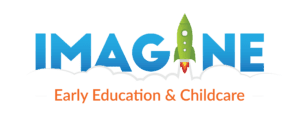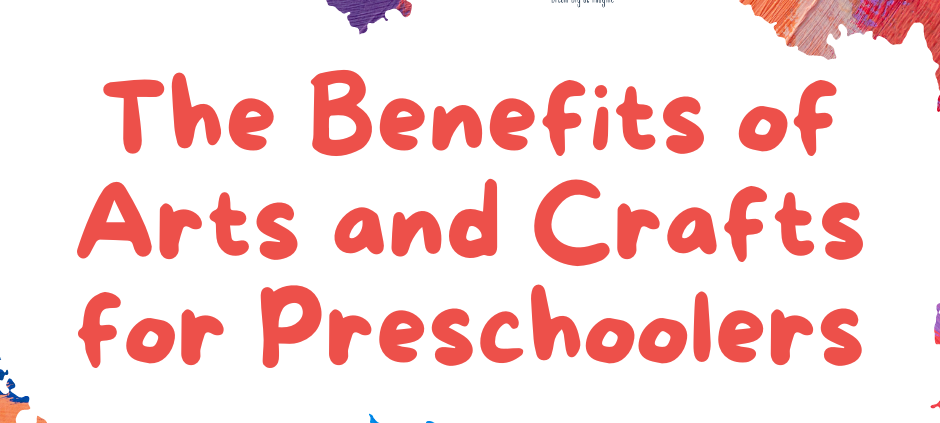The Benefits of Arts and Crafts for Preschoolers
Arts and crafts are integral to preschool education, offering numerous benefits that extend beyond mere fun and creativity. Engaging in arts and crafts helps preschoolers develop fine motor skills as they learn to manipulate various materials like crayons, scissors, and glue. This hands-on activity enhances their hand-eye coordination and precision, laying a solid foundation for writing and other tasks requiring dexterity.
Furthermore, arts and crafts stimulate cognitive development. As preschoolers experiment with colors, shapes, and textures, they learn to observe and describe the world around them. This process fosters critical thinking and problem-solving skills, as children decide how to bring their imaginative ideas to life. Additionally, these activities can introduce basic math concepts, such as counting, sorting, and recognizing patterns, seamlessly integrating learning with play.
Arts and crafts also play a crucial role in emotional development. They provide a safe outlet for self-expression, allowing children to convey their feelings and thoughts visually. This creative freedom boosts their self-esteem and confidence, as they take pride in their unique creations. Collaborative projects further enhance social skills, teaching preschoolers the value of teamwork, sharing, and communication.
Incorporating arts and crafts into preschool education also promotes cultural awareness. Through exploring diverse art forms and traditions, children gain a broader understanding and appreciation of different cultures. This exposure cultivates empathy and open-mindedness, essential traits for thriving in a diverse society.
At Imagine Early Education and Childcare, we recognize the multifaceted benefits of arts and crafts in preschool education. Our programs are designed to nurture creativity while fostering essential developmental skills, ensuring a well-rounded and enriching early learning experience for every child.



